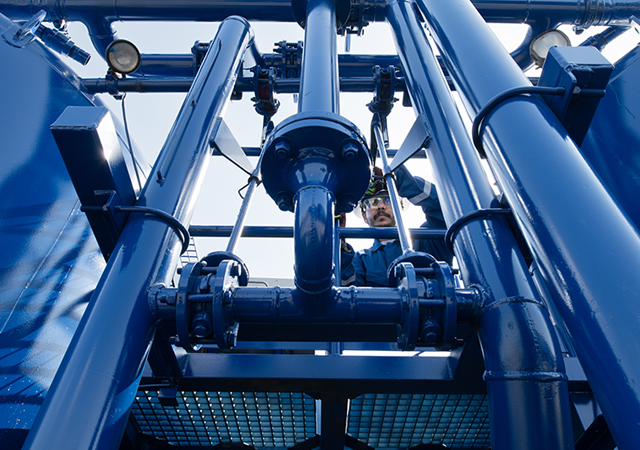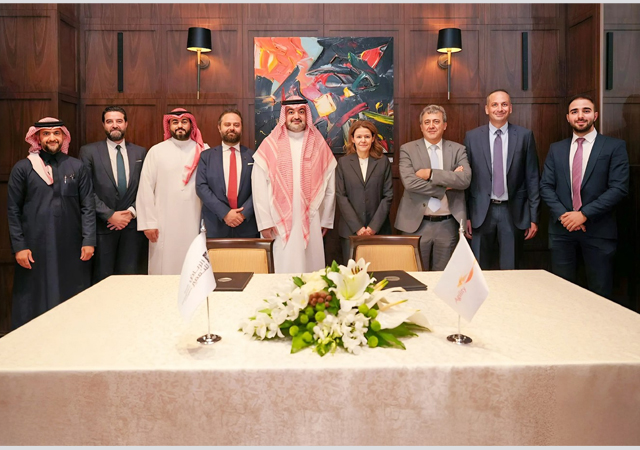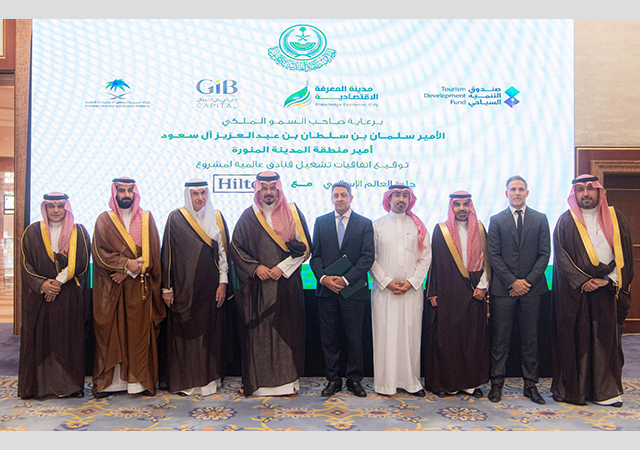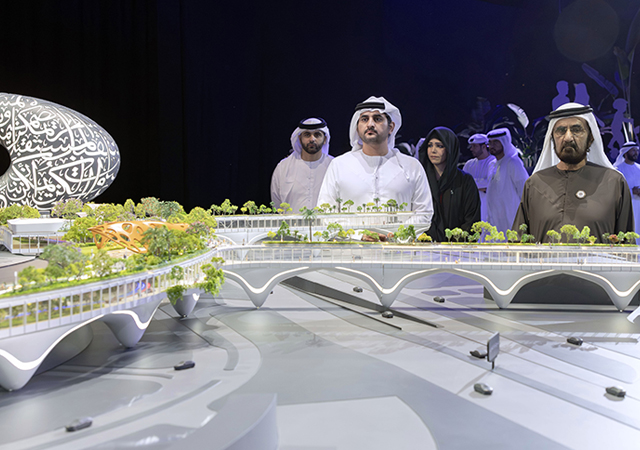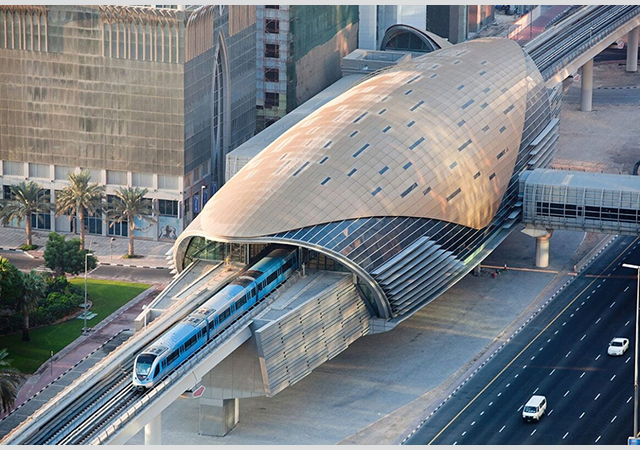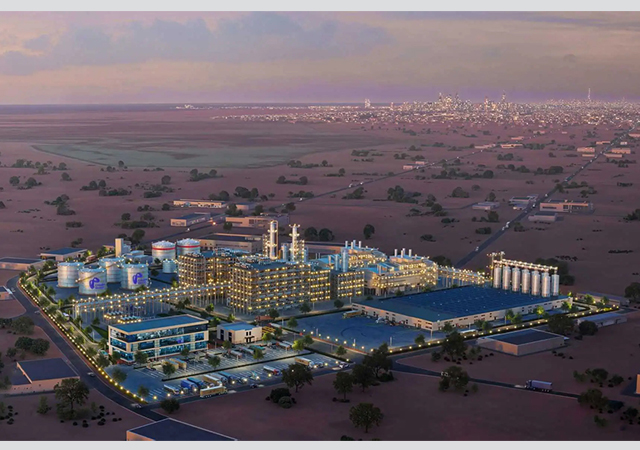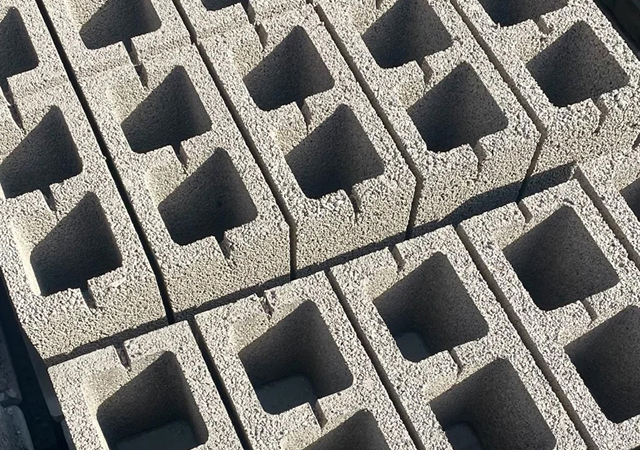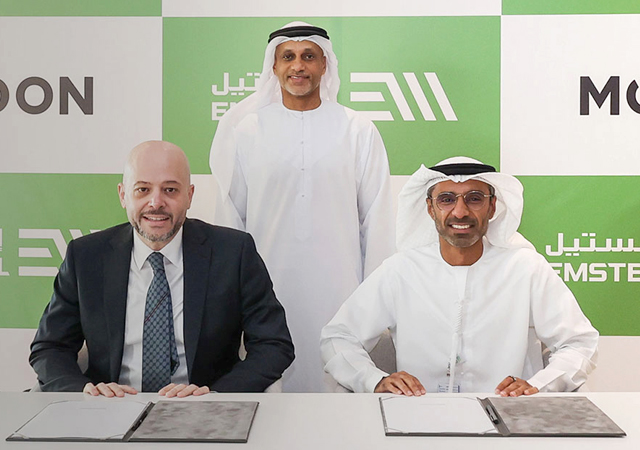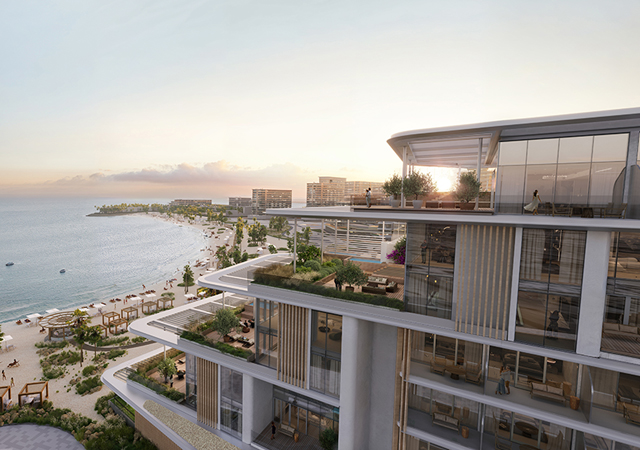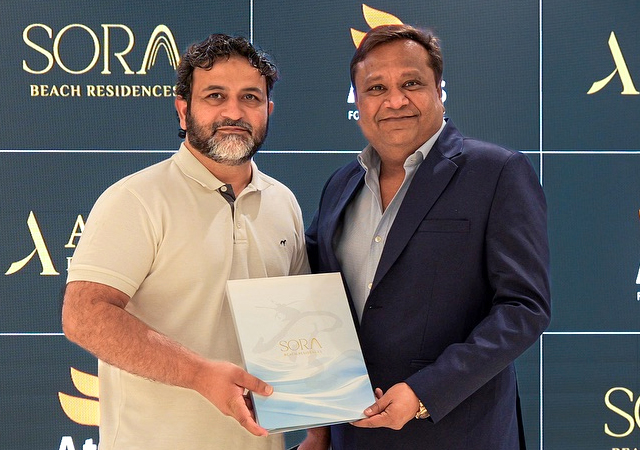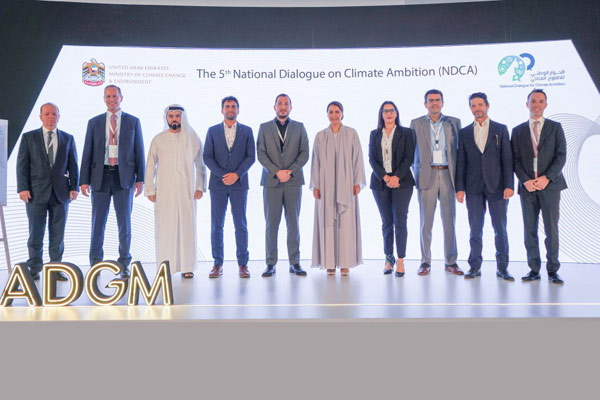
Dubai facilities management company Farnek has joined a select group of major Emirati organisations by signing the Climate-Responsible Pledge that is aimed at supporting the UAE’s decarbonisation drive in line with its 'Net zero by 2050' strategic initiative.
The pledge is part of the Ministry of Climate Change and Environment (MOCCAE) focused on scaling up the UAE’s climate action in response to the call of the Glasgow Climate Pact, an outcome of the 26th UN Climate Change Conference (COP26), for countries to seek higher GHG emission reduction targets, said a statement from Farnek.
Previous signatories include Beeah, Emirates Nature-WWF, Majid Al Futtaim Group, Standard Chartered Bank, HSBC, Masdar, Emirates Global Aluminium, Emirates Steel Arkan Group, Aldar Properties, Emirates Environmental Group and the Chalhoub Group, it stated.
"By signing this pledge, we have committed to stepping up our efforts to combat climate change by measuring and reporting our greenhouse gas (GHG) emissions transparently, developing ambitious but realistic science-based plans to reduce our carbon footprint and sharing these plans with the UAE government to contribute towards the UAE achieving its national net zero targets by 2050," said its CEO Markus Oberlin.
"Furthermore, by integrating sustainability principles across our operations, we will adopt an all-inclusive approach that engages youth, women, and vulnerable segments of society," he stated during the signing ceremony held at the Fifth National Dialogue for Climate Ambition (NDCA) in Abu Dhabi.
Mariam bint Mohammed Almheiri, Minister of Climate Change and the Environment and the Vincent Keaveny, Lord Mayor of the City of London, were also present.
Apart from Farnek, representatives from other UAE organisations, such as the Central Bank of the UAE (CBUAE), Taqa, SirajPower, Taka Solutions, Talabat and Zurich Insurance Middle East, were also present, amongst others.
According to Oberlin, Farnek has already unveiled its roadmap to achieve net zero emissions by 2050. Using 2021 as a baseline, Farnek consultants have identified the scope and boundaries to measure its carbon footprint accurately, it stated.
Apart from building performance, such as energy and water consumption, Farnek is also considering employee travel, logistics, purchased goods and services, waste disposal, and focusing on recycling, renewables and other lower carbon alternatives.
Moreover, Farnek has set emission targets for each category and applied an initial five-year reduction goal, which will be reviewed annually to monitor progress and adjust if necessary, he added.
Associate Director (Consultancy & Sustainability) Nadia Ibrahim said: "By 2026, we aim to reduce our electricity, water, refrigerants and fuel consumption by 30%. We will also cut our waste by 10% and lower emissions associated with purchased goods and services by 5%."
In 2031 Farnek’s objective is to decrease its emissions in these categories by up to 50%, and by 2048 its carbon footprint will have been cut by up to 90% overall, stated Sultan.
"It is impossible to become carbon neutral by reduction methods alone, so the remaining 10% will be offset, by supporting certified carbon offset projects, thereby achieving our Net Zero target by 2050," she added.-TradeArabia News Service


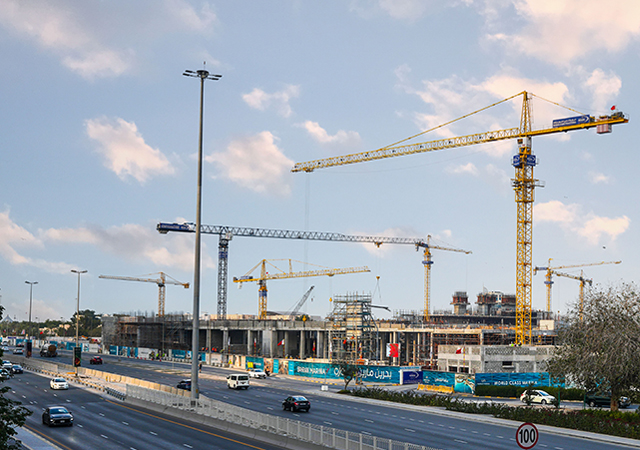
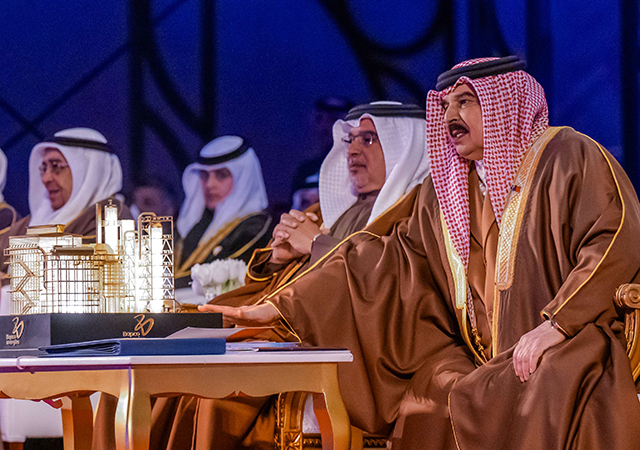
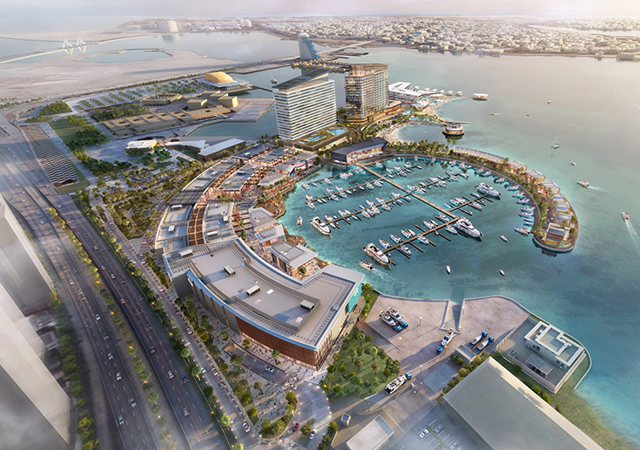
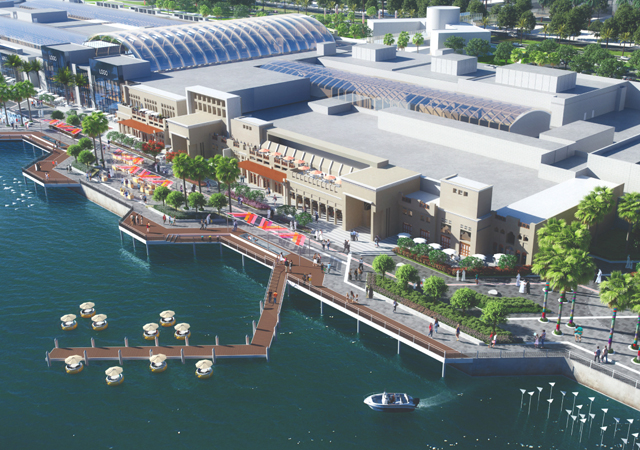


.jpg)
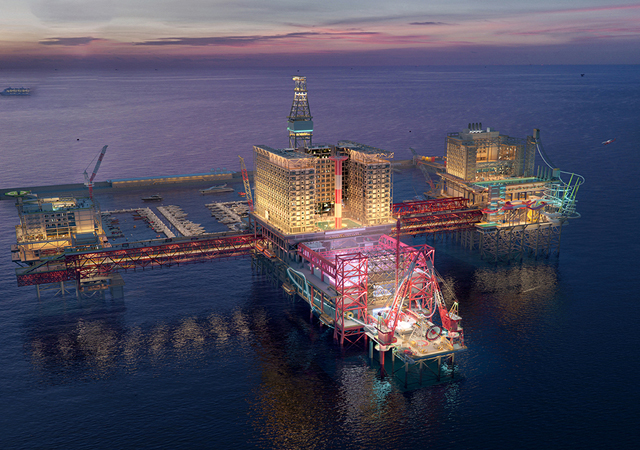

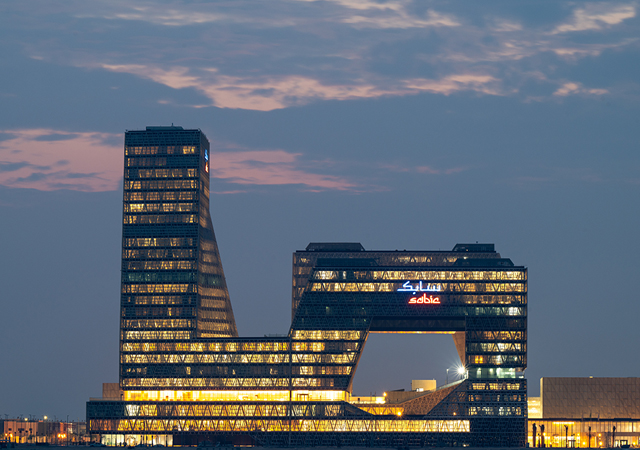

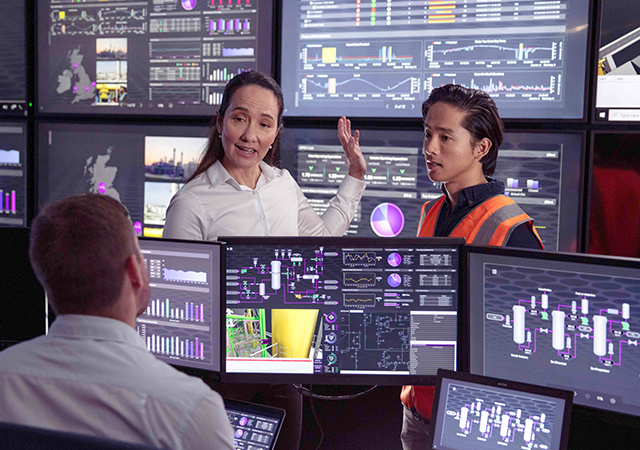
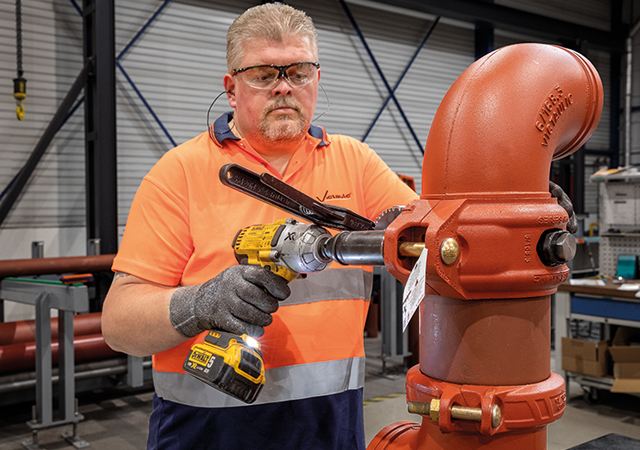

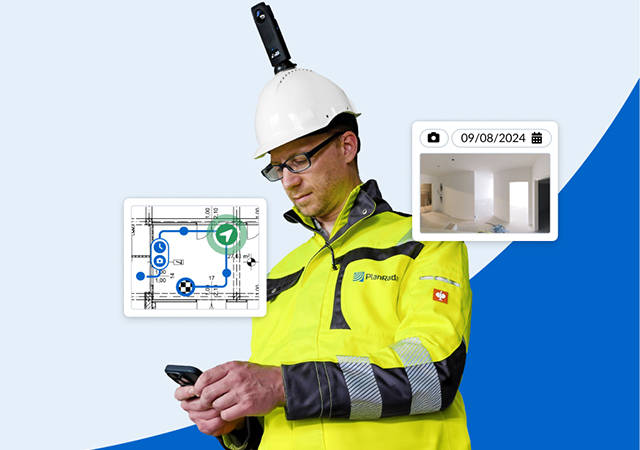
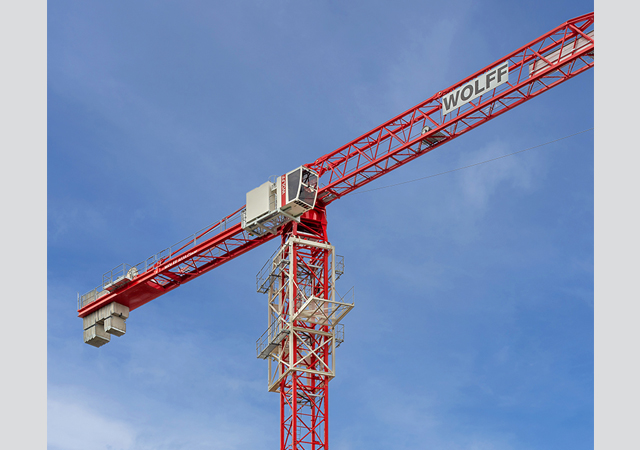
.jpg)
.jpg)
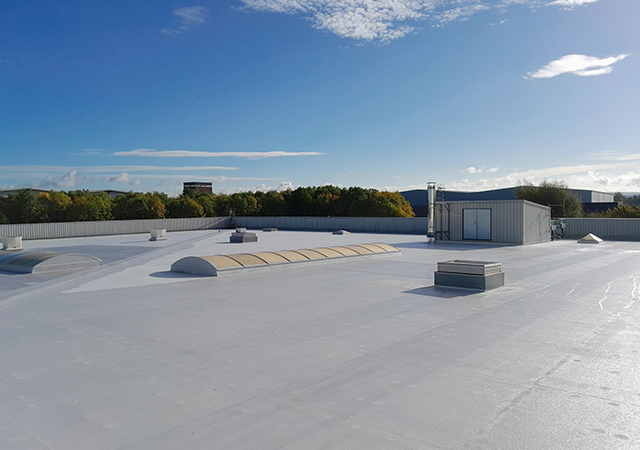
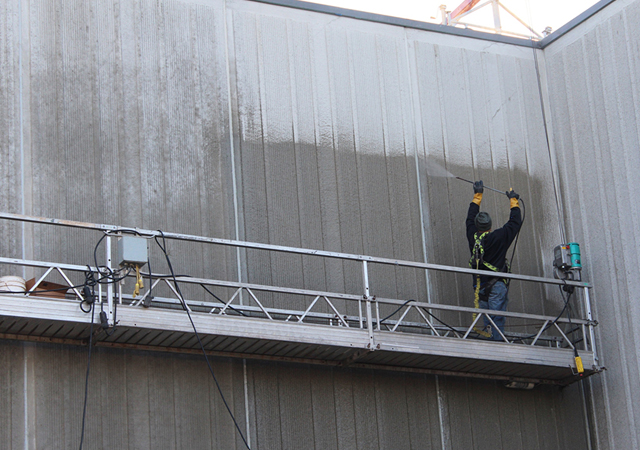
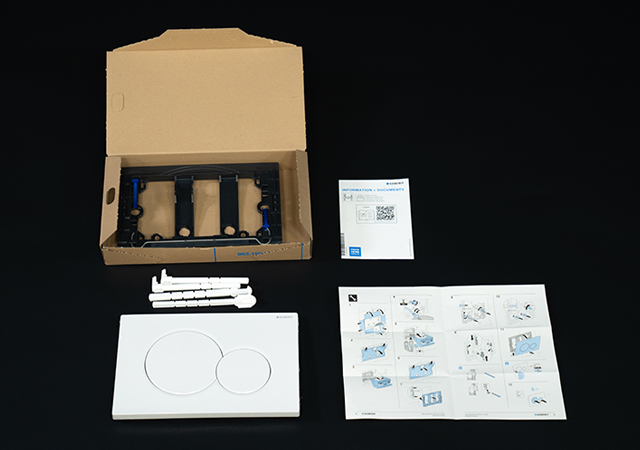


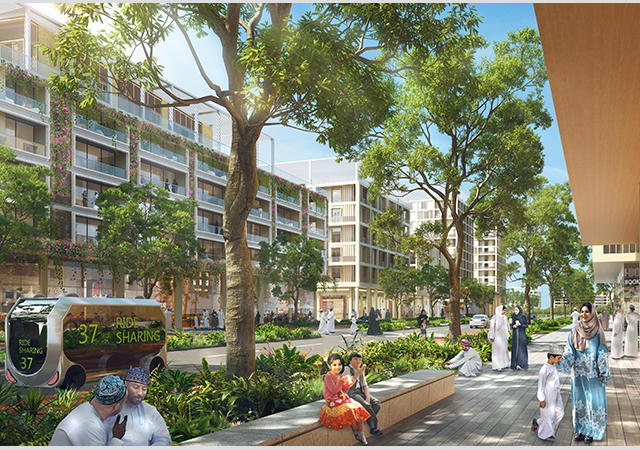
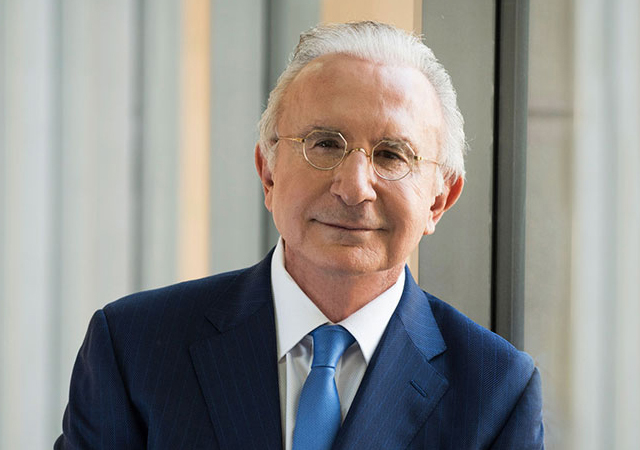
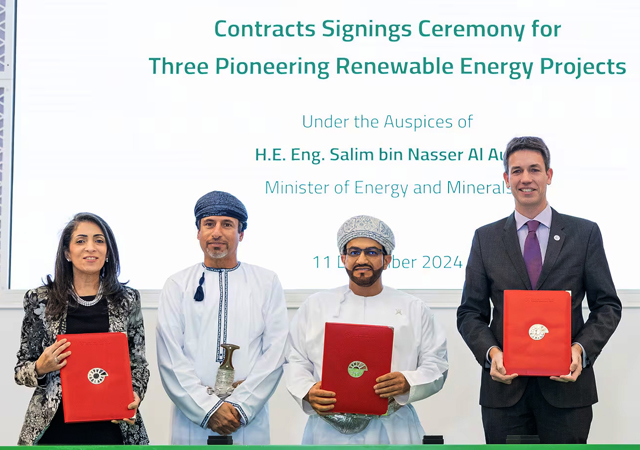
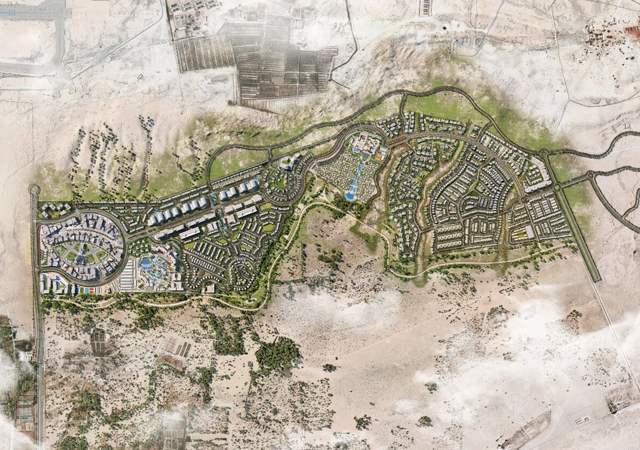
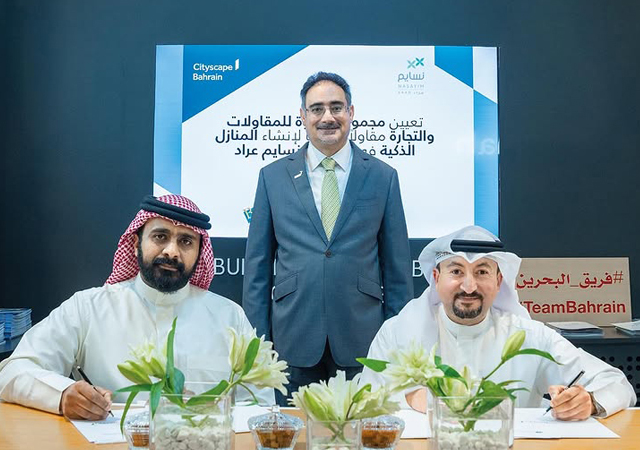

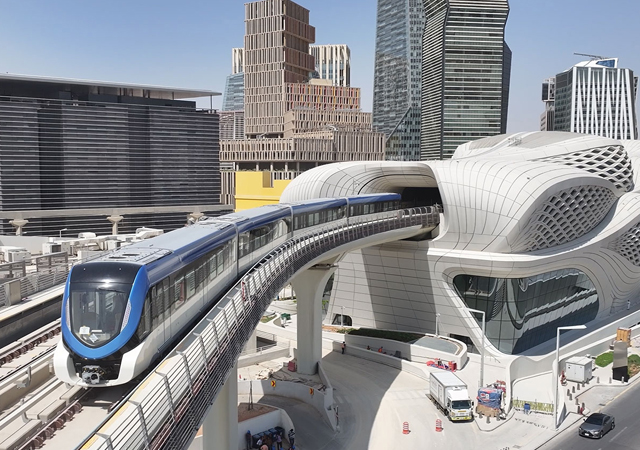
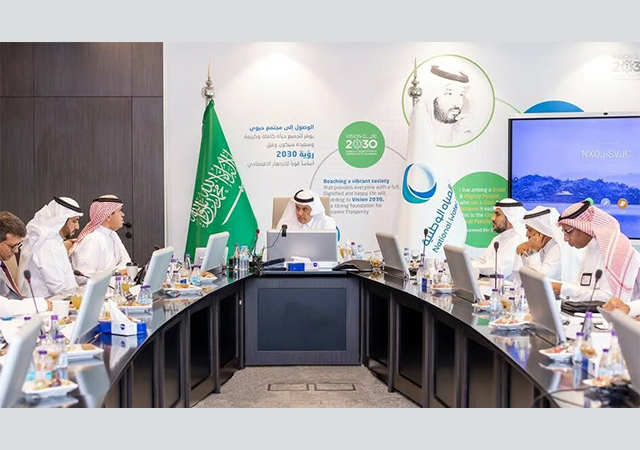
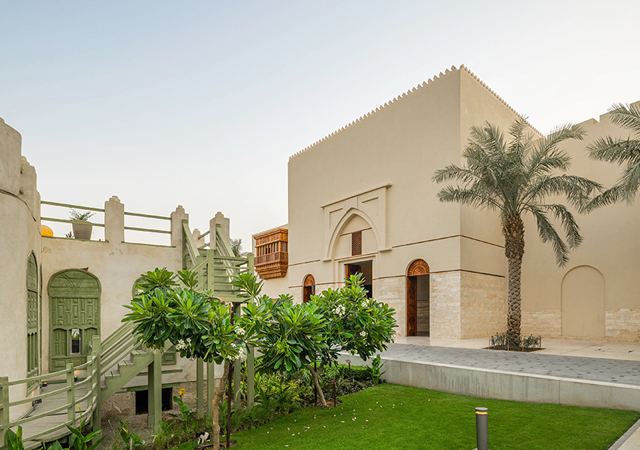
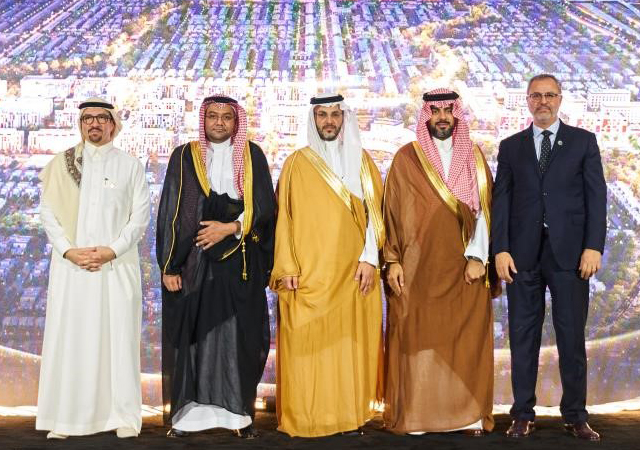
.jpg)
